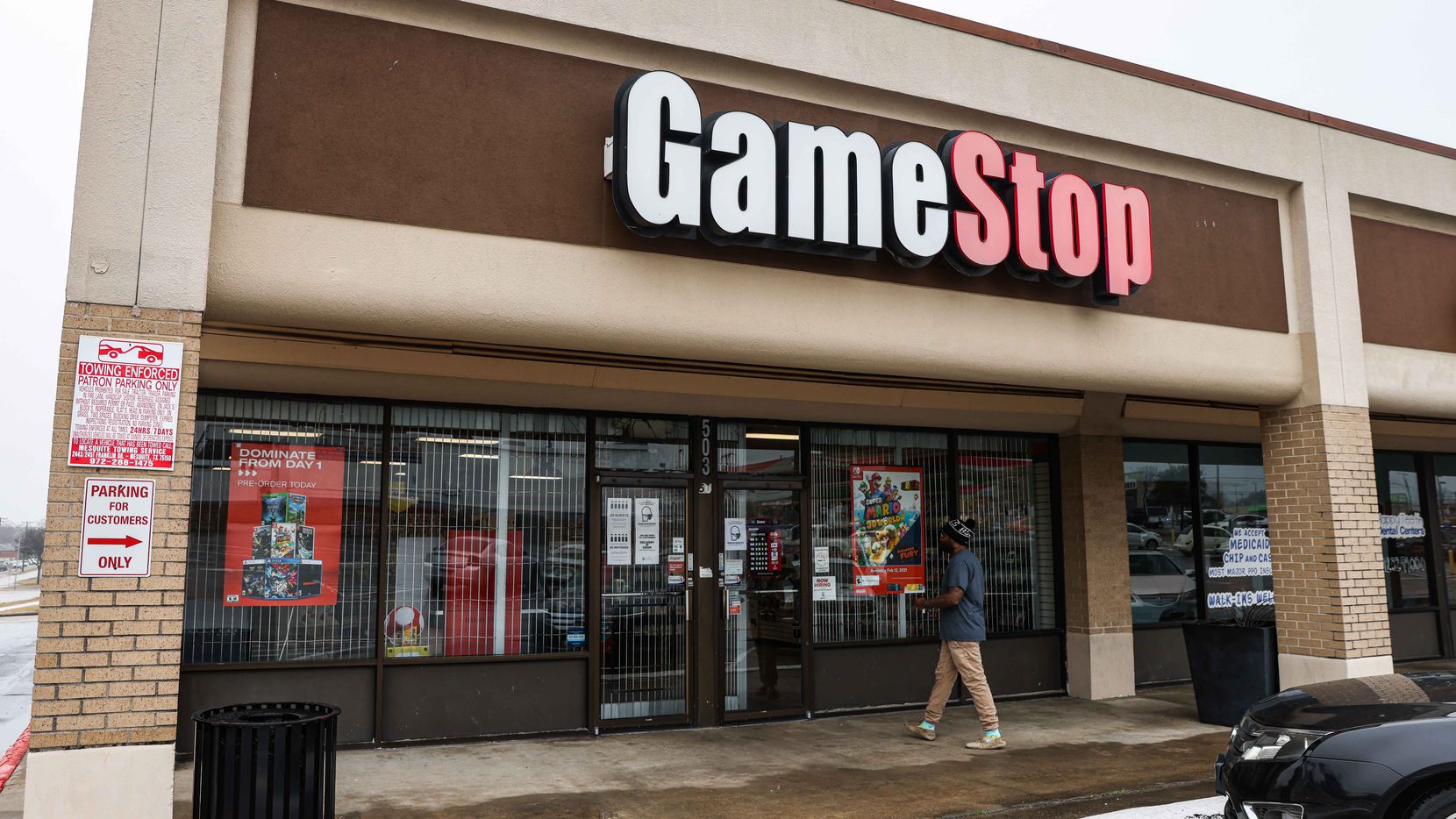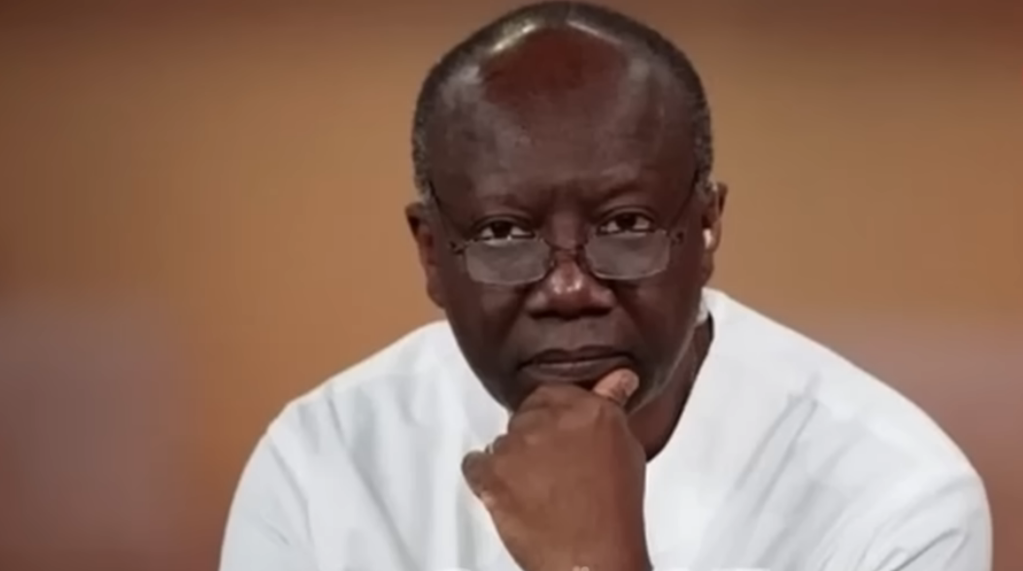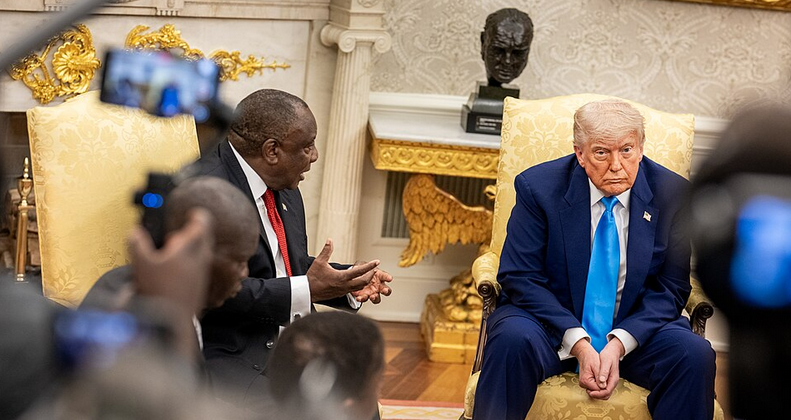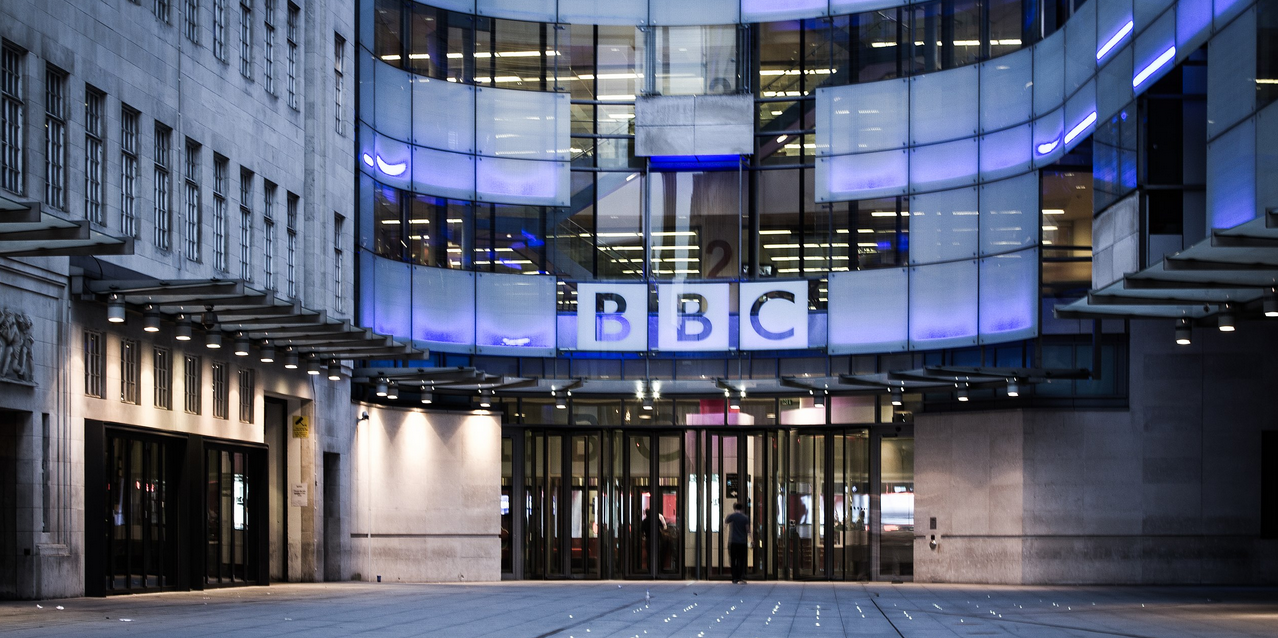In the early months of 2021, the financial world witnessed a drama that was unprecedented at GameStop, a retail chain for video games. The saga caught the attention of the world as market manipulation, power imbalances, and the vulnerability of everyday investors were laid bare. Here is the lowdown on what happened, the key players, and lessons learned.
What Triggers the GameStop Mania?
The business prospects went lower, and GameStop’s stock was low. The hedging funds were short selling it assuming that GameStop would become a failure. In the process, popularly called short selling, hedgers borrow the same shares, sell them at the going price, and wait for some time.
But then a group of retail investors could observe the situation from one forum called WallStreetBets in which the high short interest meant there was great potential for the existence of a short squeeze where the high price of stock surged forcing short sellers to re-purchase their shares at some high prices that further increases high prices.
In tandem with buying, they drove the GameStop share price from almost $20 in early January 2021 to as high as $500 in the peak stage.
Also read: Top DJIA Stocks to Watch Today: Top Gainers, Losers & Key Stocks
The Fallout
This sudden price pump had many far-reaching implications for:
Hedge Funds Lost Billions
Hedge funds, including Melvin Capital, lost an enormous amount of money, around $19.75 billion. They were completely blindsided and could not close their short positions except at a heavy cost.
Retail Investors Had Mixed-Outcomes
A small number of small investors walked away with life-changing profits. Many others, however, came in too late and were wiped out when the stock price collapsed.
Robinhood Restricted Trading
On January 28, 2021, trading platforms like Robinhood barred the buying of GameStop stocks but allowed the selling of them. It was perceived as an outrage because a company branded to empower the common investor had turned against them.
Strong Narratives
The GameStop saga is led by strong narratives, most of which found ground in social media. Such narratives resonated with the feelings and grievances of retail investors:
1. The Free Market
Users also asked if truly, with the absence of exchange, the market remains that just. Many just said the restrictions simply feed the interests of the affluent while convincing them the “free market” only exists for a select few to benefit from.
2. Wrong people won
This was a case of an argument to say that a retail investor was bucking the status quo and that the system didn’t like this. The small investors got punished, while the hedge funds got protected.
3. Hold the Line
The call to action to GameStop investors was: Don’t sell, no matter how prices move. It’s a rallying cry against perceived injustices at the hands of financial institutions.
4. Robinhood Manipulated the Market
Accusations were hurled against Robinhood of manipulation. Conspiracy theories started popping out stating that Citadel is a hedge fund owned by Robinhood and that the intent to freeze trading is the result of Citadel.
5. Institutions Do Not Need Bailouts
As the losses were shown in hedge funds, bailouts from them kept popping into speculation. Users of the social media complained with a rant that it’s only possible and hypocrites-the billionaires will be receiving bailouts, but not much goes for the citizens
Also read: DJIA AI Stocks To Watch This Week: What Investors Need to Know
Broader Implications
The GameStop incident has drawn attention to the following deeper systemic issues in the world of finance:
Market Manipulation Is Real
It also reflected the fact that markets are not free after all. The powerful players like hedge funds have managed to manipulate the system for their benefit.
Loss of Trust in Institutions
The company that was touted to be a champion for small investors had to face the backlash very badly. Restrictions have led to an erosion of trust and the long-term damage to the reputation.
Power of Social Media
Platforms such as Reddit proved their capacity for disruption of traditional systems. There was a coordinated effort made by retail investors that proved the influence of online communities.
Lessons for Retail Investors
Lessons learned from the GameStop story:
- Do Your Homework: Do your research on market trends and risks.
- Be Cautious of Hype: Don’t buy into trends without a clear strategy.
- Know the Ground Rules: Platforms may sometimes impose restrictions on your right to trade.
Future of Narrative Attacks
The GameStop event and the 2024 reliving of this experience exemplify the need to track noxious narratives. Experts believe organizations will have to spend a great deal of resources to combat misinformation and rebuild trust.
Conclusion
This saga served as a reminder that the system isn’t as impartial as it often seems. It is of utmost importance for anybody dealing with the modern financial world to understand this event.







